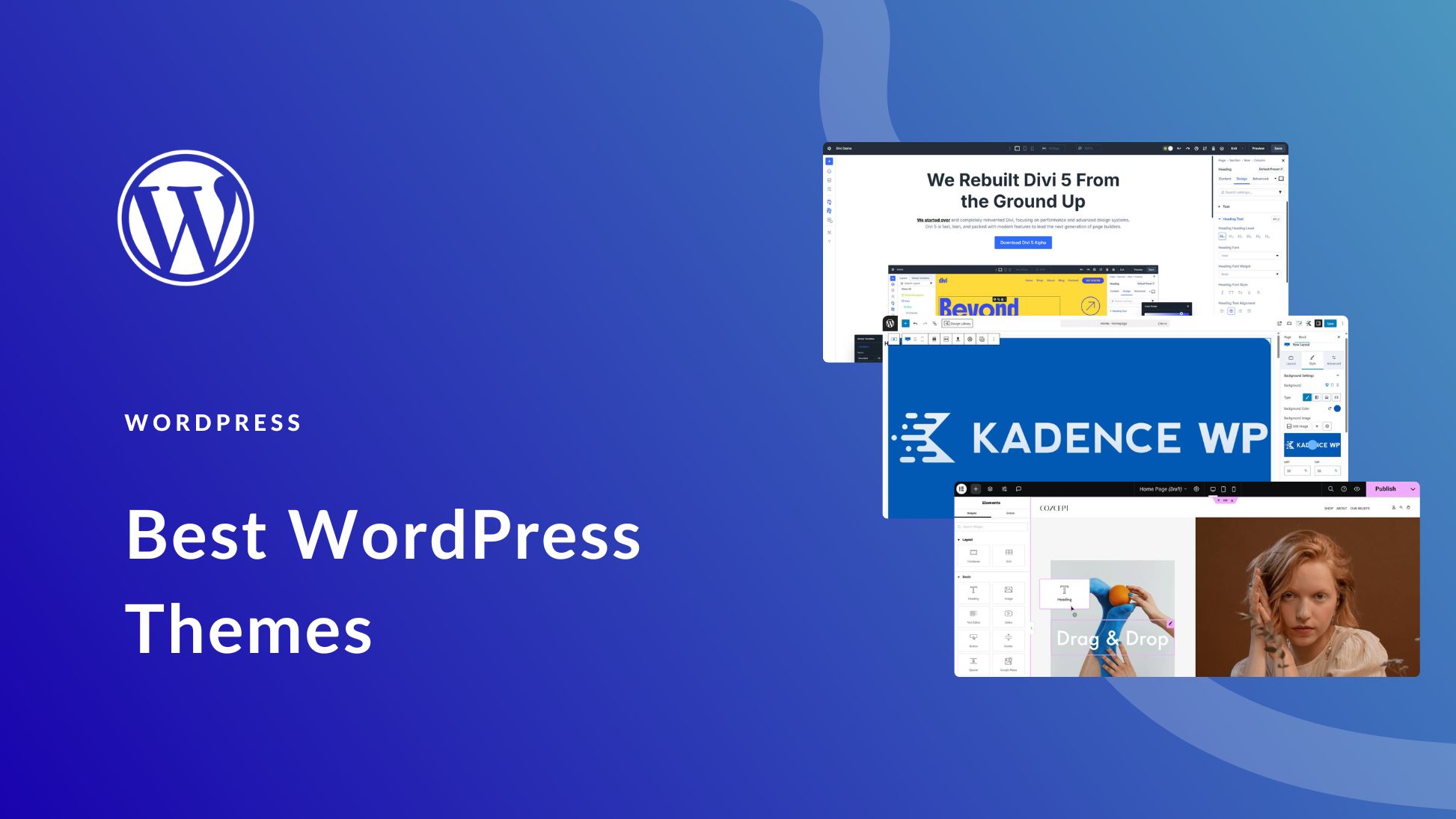A decade ago, keywords were the biggest and best way to boost your website’s search rankings. You could make sure that search engines knew what your content was about by simply using the same phrases (or similar phrases) over and over again. Times have changed, and Google now prioritizes the user’s experience on your site as much as, if not more than, the usefulness and thoroughness of your content. And maybe the most important factor of that user experience (UX) to SEO is page speed. Making sure that your site loads its content and interactive features as quickly as possible is a surefire way to improve your search rankings and optimize your site for Google’s ever-changing algorithms.
Subscribe To Our Youtube Channel
What is Page Speed?
Page speed is a very simple concept that overlays a great deal of complexity. It isn’t just how quickly your site shows up to visitors. (Though on the surface, it may appear that way.)
Really, it is a combination of your site’s Time to First Byte (TTFB), which is the initiall response time between your site and the user’s browser. This is then taken into consideration with specific metrics such as the First Contentful Paint (FCP) where the user first sees actual content, the Largest Contentful Paint (LCP) where the site’s largest chunk of content then loads for the user to see, and the First Input Delay (FID) where the user can click links and interact with the site in ways other than scrolling.
All of these loosely combine into a rating called Speed Index, which you can get from Google’s own PageSpeed Insights. You can use this as a benchmark metric to let you know the cumulative effect of the other metrics we mentioned above. And in a general sense, all of these together give you a solid picture of your page speed and how Google, other search engines, and your users see and interact with your site.
How Does Page Speed Affect SEO?
Page speed affects your SEO a lot. Maybe more than anything other than having fantastic content that directly addresses your users’ search queries. Over the past few years, Google has adjusted its algorithm to take user experience into account. One of the top factors for a good user experience is having a quick and responsive site.
When a user goes to a site that takes more than a couple seconds (if that) to load, there is a high chance they will leave. Increasing that site’s bounce rate. Google then sees that bounce and makes a few assumptions as to why the user might have bounced. On a very quick bounce, Google will likely assume the user didn’t find the information they were searching for. It could be for any number of reasons. These are a few of the top ones in no particular order:
- Page loading took so long that the user left
- The site was unusable and features were broken
- The site didn’t contain the information at all
- Some (or all) of the site’s information was incorrect
- The site’s layout prevented the user from effectively finding an answer to their query
Google wants your users to have the best experience possible. That means, in the current era of internet usage, never having to wait for anything. Ever. Admittedly, we’re guilty of this, too. When a website takes too long to load, we know there are literally thousands of others we can go to in the time it takes for that one to load.
So in terms of how page speed affects SEO, the best way to think about it is that it doesn’t matter how great your content is if the user gets bored before they ever see it.
How to Optimize Page Speed for SEO
Optimizing your website’s page speed is a science all on its own. There’s a balance that hast to be struck between speed and utility and aesthetics. But we have a few recommendations on what you can do to help drop your page load times and get that page speed SEO boost you’re looking for.
Minify HTML, CSS, and JavaScript
One of the easiest ways to reduce page load is to minify all the code that you can. Many WordPress themes and plugins (including Divi) offer this feature out of the box. Divi does it automatically, and other performance optimization plugins such as WP Rocket have toggles for you to opt into the feature.
Remove Render-blocking Resources
As your page loads, the browser is concurrently trying to render and parse multiple elements. Render-blocking resources are those which stop that concurrent loading and take up the browser’s attention in full. Until these resources load, everything else is put on hold. Even if these scripts and code snippets aren’t necessary at that early stage.
So by using a plugin to remove those render-blocking elements or defer them to after the primary content has already loaded, you can increase page speed and effectively boost your SEO. If you’re a WordPress user, many site caching plugins have simple toggles to remove/defer render-blocking resources.
Divi has multiple options for this already, including the Critical CSS feature which breaks up potentially render-blocking CSS into smaller chunks to load alongside others, as well as deferral for JavaScript and other stylesheets from the Gutenberg block editor.
Use a CDN
A content delivery network is a surefire way to increase your page speed. Many hosts these days will offer free versions of different CDNs, including Cloudflare. What CDNs do is take the content from your site, distribute it across their network of servers placed in strategic locations, and then relay it to the users in the most efficient way possible.
Instead of just reaching your one specific server, a CDN pushes your content from different servers in the network. This also allows for redundancy and caching to occur that improves uptime and quicker speeds because the content is (likely) coming from a server closer to the user.
Cache Your Content
For WordPress users, it’s as simple as installing and activating a caching plugin. Every WP site can benefit from a caching plugin in some way. By taking advantage of browser caching, you can make sure that visitors returning to your site have an incredibly smooth time.
Additionally, there are pre-loading options in most of the top WordPress caching plugins, meaning that once the page has been displayed to the user, other resources they’re likely to need are loaded in the background. This doesn’t affect performance or UX, but makes your site feel snappy and responsive.
Compress and Optimize Images
Outside of big chunks of JavaScript hogging your server threads, gigantic images (or gigantic numbers of images) are often the main culprit for high page load times. In order to keep that from bogging down your site, consider adding an image optimization plugin. Alternatively, using an image optimization service such as Imagify or TinyPNG can lower the file sizes down by well over half.
WordPress sites running version 5.8 or higher will automatically serve .webp images to users with browsers that support them. These are Google’s newest image format that is designed specifically for quick load times.
And making sure that you use images that are sized appropriately will absolutely lower your page load times. If you have a container for an image that will always display at 250px x 250px, be sure to upload an image that already has those dimensions. While there is CSS to automatically render even the largest images at the size you want (max-width:250px; width: 100%; height:auto;) if you have multiple images that must be resized, those are extra processes the server and browser have to complete before the page loads.
Wrapping Up
In Google’s eyes, page speed is as much a factor for SEO as the content you create. Each site must have a combination of great content and great user-experience to keep high in the SERPs. Thankfully, the steps to getting a good ranking through page speed SEO are pretty simple on their own. And when used in concert with one another, incredibly effective at boosting your site in Google’s eyes. And your users.
What have been your tactics to improve SEO though page speed? Let us know in the comments!
Article featured image by Overearth / shutterstock.com









Hi, B.J. Keeton
Great! thanks for sharing awesome info about how important website speed is. I really love read your blog will implement it your way.
I have a query is which WP plugin is best for increase website speed if I using hostinger?
I would like you to explain exactly how to use this CDN. It’s very hard to set it up. Maybe some separate article on this topic? Thanks
Hi Robert, I have a query, I analyzed my site with competitor in different prospects on page, technical seo, speed. Although my site is top is compared to the competitors, I am still behind the serp. Is this because they are old site with lots of backlinks and referring domain, with off page seo. Please suggest
Very nice tips for SEO, thanks 🙂
Yes, true it’s very important these days.
After implementing Core Web Vitals as a primary factor in SEO, pagespeed optimization is playing key role.
page speed is important factor for seo now.. thanks for the article details
This is a short and simple guide to help us with page speed. I just implemented all of the methods above and reduced my GT Metrix loading speed to 290ms. Well, that’s impressive.
Very good summary on how page loading speed affects SEO in general. Thank you for putting all this info into one place! 🙂